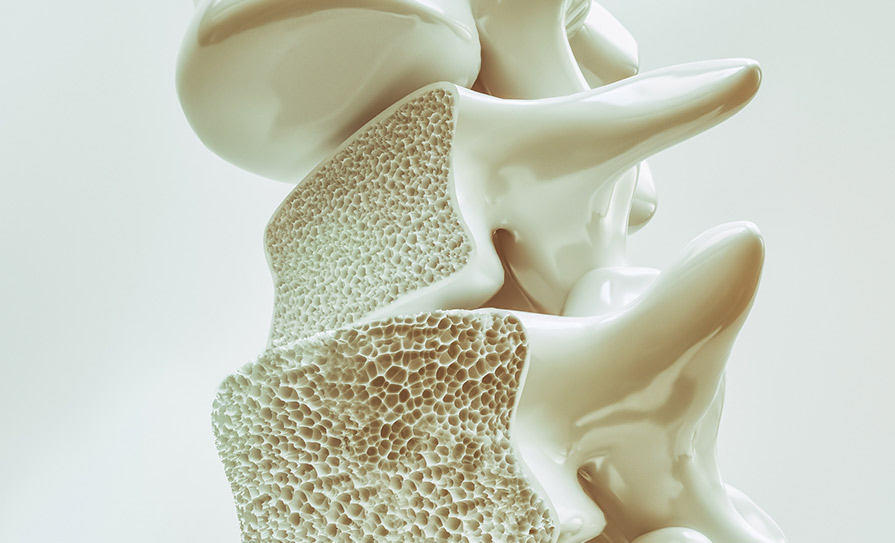Three studies presented during the 62nd ASH Annual Meeting and Exposition offer glimpses into the complexities of Covid-19 infection, who is at greatest risk of severe illness and complications, and a potential off-the-shelf T-cell-based treatment.
The first of the three studies sheds light on which individuals with blood cancers are most vulnerable to severe illness and death based on an ongoing global public reference tool from the ASH Research Collaborative offering real-time data summaries to help guide treatment approaches.
The present analysis includes registry data for 656 patients (77 per cent aged 40 years and older) with various types of blood cancers collected between April and November from over 100 study sites around the world. Of these, 20 per cent died. The most represented malignancies were leukaemia (57 per cent), lymphoma (25 per cent), and plasma cell dyscrasia (18 per cent).
In particular, those who had the highest likelihood of dying: (1) were older, (2) had more severe Covid-19 infection, (3) had opted to forgo more intensive treatment, such as the ICU, and/or (4) had poorer prognosis before their Covid-19 infection as determined by their treating clinician (less than 12 months at the time of Covid-19 diagnosis).
Patients with relapsed/treatment-resistant hematologic disease also appear to be disproportionately more likely to develop moderate to severe Covid-19 infection and die from it.
A second study detected the presence of several harmful genetic variants in patients hospitalised with Covid-19 that may be associated with increased susceptibility to severe Covid-19 illness.
Researchers identified five complement-related variants that seemed to play a role in more severe Covid-19 illness, including one gene that is related to both complement and coagulation that may explain more of the thrombotic profile of Covid-19, which was found in one-third of patients, most of whom were in the ICU.
In a third study, researchers were able to build banks of SARS-CoV-2-specific T-cells obtained from people who recovered from the virus that are now being studied for potential curative effects in hospitalised patients.
“Our collective knowledge of this virus is rapidly evolving, and it’s critically important for us to uncover why some people have such serious illness and complications and others do not,” said press briefing moderator Dr Alisa Wolberg, PhD, of University of North Carolina at Chapel Hill.













Leave a Reply
You must be logged in to post a comment.